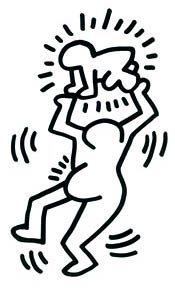How and when will I know that my baby is HIV negative?

This is the question everyone worries about, all the time, even though your baby very likely to be negative.
- The usual HIV antibody test is not used to test for HIV in babies.
- Babies born to mothers with HIV will always test HIV positive using an HIV antibody test.
This is normal and does not mean your baby has HIV. Your baby shares your immune responses that the antibody test looks for. It sometimes takes up to 18 months for these responses to gradually disappear.
The baby will be tested using an HIV PCR DNA or RNA test. These tests look for virus in the baby’s blood.
In the UK, it is good practice to test the baby on the day they are born. The test is repeated after six weeks and again at three months.
If all these tests are negative, and you are not breastfeeding your baby, then your baby does not have HIV.
You will also be told that your baby no longer has your antibodies when they are 18 months old.
If you are breastfeeding, you will be monitored every month for six months.
To check the baby is HIV negative
HIV PCR DNA is a highly sensitive test that detects tiny amounts of HIV DNA in blood plasma. PCR stands for polymerase chain reaction.
HIV PCR RNA this is similar to the HIV DNA test and is the same test used to measure viral load.
The tests amplify or multiply HIV DNA or RNA in the test tube so that it can be more easily detected.
Last updated: 1 November 2023.
